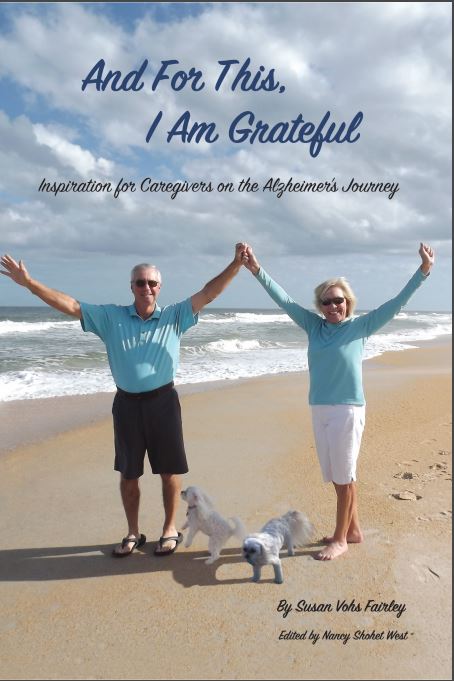“’Important’ isn’t really the right word,” I said. “To write a memoir, you don’t need to believe that your life experiences have been more important or even more unusual than other people’s. Instead, you need only to recognize that your perspective on those experiences is unique.”
Occasionally, when asked to do presentations to grade schoolers on the topic of personal narrative, I tell them that in choosing something in your life that you wish to write about, you should think about eliciting two opposite responses from your readers. One is "I've done that!" and the other is "I've never done that!"
If someone has had the same experience you have, I tell them, they will want to know how what you did was similar to or different from what they experienced. If, on the other hand, someone has never done what you've done, they will want to know what happened, what was it like, did it meet your expectations, would you do it again.
For example, once when I visited a fourth grade classroom to talk about writing, a student began her personal narrative with "Have you ever been waterskiing in Mykonos? I have!"
“Cool!” I told her. No, I have never been to Mykonos! How warm was the water? What kind of boat did you have? Did the skiers launch from a beach or from a float? What else did you do in Mykonos? How long did you stay? Did everyone on the ski boat speak Greek?
But also, as I told the students, the same student could have started with "Have you ever been waterskiing? I have!"
In that case, my response would have been different. I would have thought, "Yes, I've been waterskiing, but not in a long time. I used to go when I was a teenager, at my family's lake house. I remember it was difficult. I was a little bit scared. Were you scared? Have you gone waterskiing a lot of times, or just once? Did you enjoy it?" In this case, my responses are focused finding what the writer and I had in common in our waterskiing experiences, and how her reactions and interpretations might resonate with my experience.
This is a somewhat facile example, but it relates to more universal issues in memoir writing. I've worked with clients who write about being a soldier in wartime, performing surgery, climbing mountains, adopting children, moving to a foreign land, getting a job, developing a friendship, teaching a class. In each case, the writer is speaking to readers who may or may not have had the same experience, who might be thinking "I can't imagine doing that; how on earth did you manage it?" or "Yes, I did that same thing; did you react to it the way I did?"
"It's not a matter of believing you are important," I said again to the ad rep on the phone. "It's a matter of believing that other people have had experiences so similar to yours or so different from yours that they will want to understand the commonalities and differences between your life and theirs."
About a year ago, while telling a friend about a minor bike mishap that had happened to me, I remembered that she had earlier undergone a much more serious accident. So I started to apologize. “It’s not at all comparable to what you went through,” I said to her.
But she corrected me. “Everything is comparable,” she said. “What you went through is different from what I went through, but it is most definitely comparable. Your feelings were similar to mine, even if on a different scale. That’s why we share our stories, to find our common threads.”
She’s right. We are all alike and we are all different, and so are our life experiences. And therein exists the reason to write memoirs.

 RSS Feed
RSS Feed